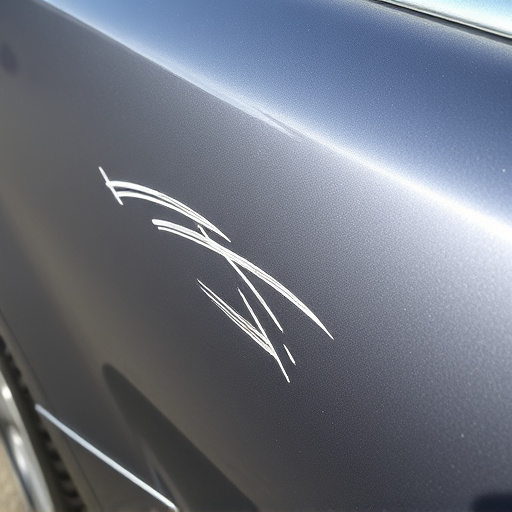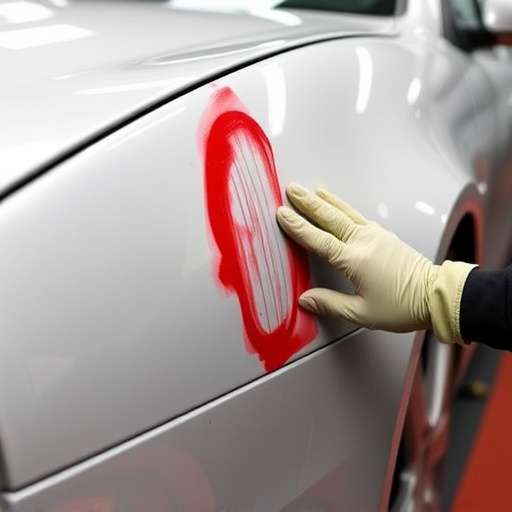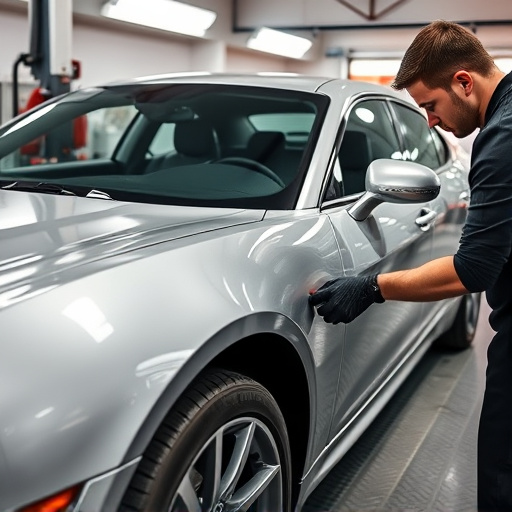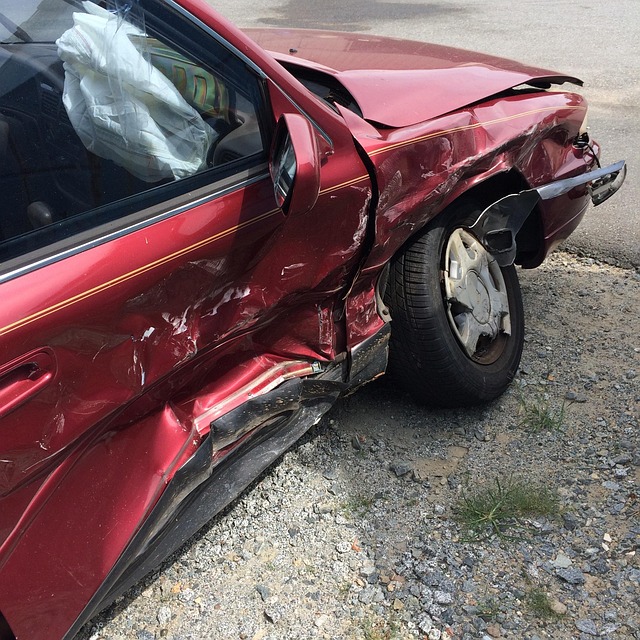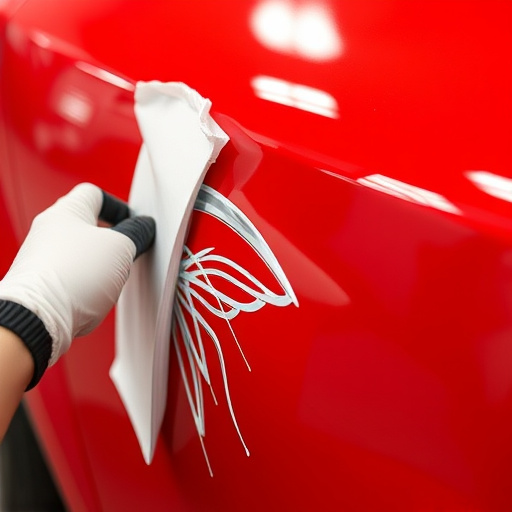Manufacturer-approved repairs (MAP) are crucial for maintaining vehicle integrity and resale value. These standards ensure expert restoration using authentic parts and techniques, appealing to buyers in a competitive market. MAP practices benefit dealers by enhancing reputation and customer satisfaction while providing car buyers with peace of mind and trust in the automotive marketplace.
Manufacturer-approved repair (MAP) standards are revolutionizing the automotive industry by ensuring vehicles meet original equipment quality. This article delves into the significance of MAP in supporting resale vehicle value, exploring its benefits for dealers and buyers alike. We’ll unpack how adhering to manufacturer guidelines maintains consistency and enhances customer trust, ultimately preserving asset value. By understanding and implementing MAP best practices, automotive professionals can navigate the market with confidence.
- Understanding Manufacturer-Approved Repair Standards
- Benefits for Resale Value: Why It Matters
- Implementing MAP: Best Practices for Dealers and Buyers
Understanding Manufacturer-Approved Repair Standards
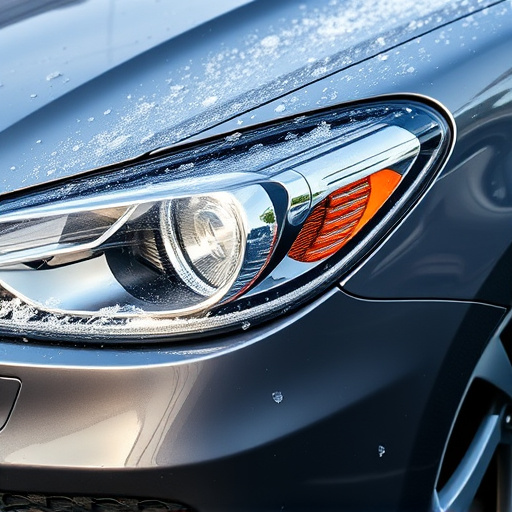
Manufacturer-approved repair standards are crucial in maintaining the integrity and value of vehicles. These standards ensure that all repairs, including autobody repairs and vehicle paint repair, meet the manufacturer’s specific criteria for quality and safety. By adhering to these guidelines, automotive restoration experts can restore vehicles to their original condition, preserving their resale value.
This approach involves meticulous attention to detail, from using authentic parts and techniques to ensuring precise alignment and finish. Such careful work not only enhances the aesthetic appeal of the vehicle but also provides peace of mind for buyers, knowing that the car has undergone a rigorous restoration process. This is particularly important in today’s competitive market where buyers seek top-tier vehicles with a proven history of expert care.
Benefits for Resale Value: Why It Matters
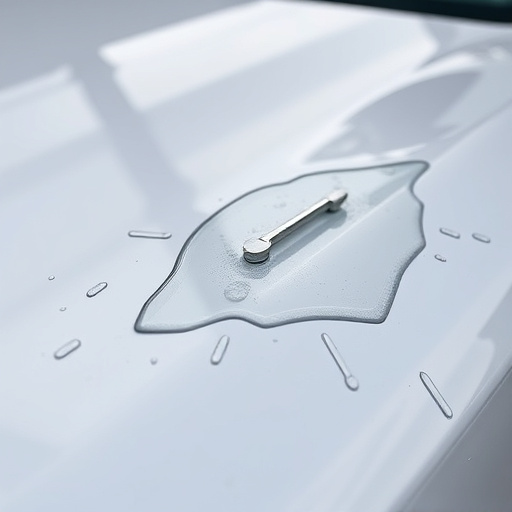
Manufacturer-approved repair plays a pivotal role in supporting resale vehicle value. When a car undergoes such repairs, it retains its original equipment and specifications, ensuring that potential buyers receive a vehicle that aligns with the manufacturer’s quality standards. This can significantly impact the market perception of the vehicle, making it more attractive to prospective owners who seek reliability and authenticity.
In the competitive automotive market, buyers are increasingly conscious of the history and condition of vehicles they consider for purchase. Manufacturer-approved repair, including auto body services and meticulous car damage repair, signals to potential customers that the vehicle has been handled with care and expertise. This can translate into a higher resale value, as buyers are assured of its original integrity, enhancing their confidence in making a significant investment.
Implementing MAP: Best Practices for Dealers and Buyers
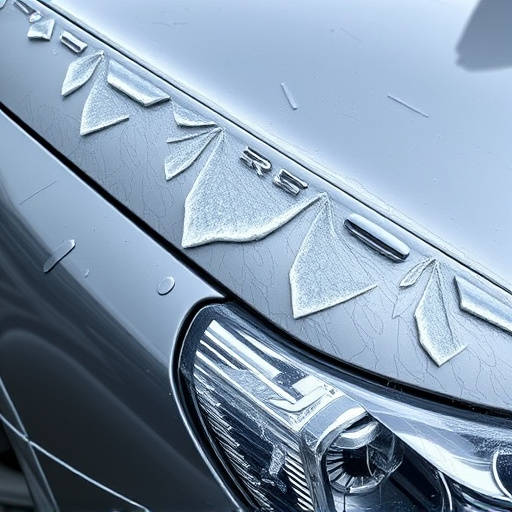
Implementing Manufacturer-Approved Repair (MAP) practices is a strategic move for both dealers and buyers in the automotive industry. Dealers can enhance their reputation and customer satisfaction by adhering to MAP guidelines, ensuring that all repairs meet the manufacturer’s standards. This involves utilizing genuine parts and following specific procedures for various car bodywork repairs, including bumper repair, as specified by the vehicle manufacturer. By doing so, dealers maintain the vehicle’s original quality and value.
For buyers, choosing a dealer committed to MAP ensures peace of mind. It guarantees that any necessary vehicle repair services will be carried out competently, preserving the resale value of their car. This is especially beneficial for those looking to sell their cars in the future, as a well-maintained and manufacturer-approved car retains its market appeal. Therefore, implementing MAP best practices fosters a win-win situation, promoting trust between dealers and buyers in the automotive marketplace.
Manufacturer-approved repair (MAP) standards play a pivotal role in preserving resale vehicle value. By adhering to these guidelines, dealers can ensure that repairs are of the highest quality, using original equipment and methods recommended by the manufacturer. This not only maintains the vehicle’s performance and reliability but also boosts its marketability. For buyers, MAP offers peace of mind, knowing they’re investing in a well-maintained vehicle with a transparent repair history. Implementing MAP practices fosters trust between dealers and buyers, ultimately enhancing the overall health of the pre-owned car market.

